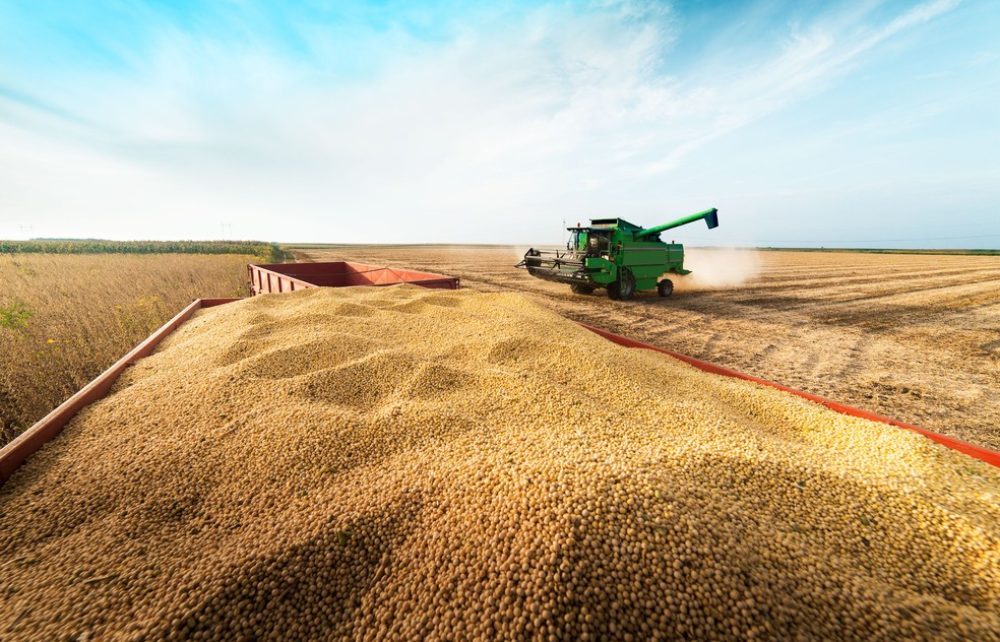Brazil’s farms send products to about 200 places across the globe. From January to July 2023, these exports made nearly US$100 billion.
China is the top buyer, providing 37% of this income. Next, the European Union imports 13%, and the United States adds 5%.
These three make up 55% of the total income from exports. Trade with another 193 nations fills the rest.
Locations range from nearby Argentina to far-off Eritrea.

Soy is the leading export, covering almost half of the sector’s income. Brazil leads the world in both growing and sending out soy.
This crop is key for making food, animal feed, and other goods.
Meats rank second in the export list. Brazil also holds a global lead, mainly in beef and chicken.
The meat segment made close to US$14 billion from January to July.
Context
Brazil’s farms have always been a core part of its economy. Over the years, they’ve become more tech-savvy and efficient.
Free trade agreements have opened new markets, boosting sales. Agribusiness has felt the impact of climate change, adjusting practices accordingly.
This sector is also a topic in political and environmental debates. Water use and deforestation are key concerns.
The rise in global food demand has focused more on Brazil’s output. In summary, farming is central to Brazil’s economic and global standing.
History
Brazil was once a colony of the Portuguese Empire, mainly used for sugar production. Coffee came next, shaping the economy for many years.
The country’s farms have since diversified, growing a range of crops. In the 20th century, the push for industrialization also boosted farming technology.
Brazil has clashed with global entities over its agricultural policies. For instance, tariffs and subsidies have been points of contention.
Due to farming expansion, Indigenous land rights have also been debated.
Finally, the role of agribusiness in politics is growing, affecting both domestic and foreign policies.

